Rebecca Jones isn’t afraid to seize control of her future, readily grabbing opportunities to improve negative situations in her life – whether it be embracing medication or saying goodbye to a toxic job. She’s proactive and accepting of the fact that we all need a little extra support from time to time.
“If every single person was honest, they’d probably say they have struggled with anxiety at some stage. I think there are a lot of high functioning people who should own the fact that they struggle with anxiety – there’s nothing wrong with that; it’s a reality of life. It’s not a weakness.”
“I’ve had a couple of bouts of being on anti-depressants, in my early 20s and 30s. Sometimes big life events can be really intense, and you don’t know how to cope. You might appear strong and stoic but then you have a delayed reaction – it catches up with you. The brain is an unusual thing.”
Rebecca says seeking assistance for anxiety is vital, but so too is changing the elements of your life that aren’t working in your favour.
“I used to be a teacher but it was incredibly stressful and it completely wore me out – so I went back to being a support worker. I have time for my family now; I have time to paint again. I was experiencing so much anxiety before and know if I stuck with teaching, I would have spiralled and needed to go back on medication.”

|
| "Contemplation" by Rebecca Jones will be on display at the 2023 Recovered Futures Art Exhibition. |
An artistic person by nature, Rebecca spent 12 months at art school in Sydney, initially concentrating on painting before switching her focus to photography. These days, she likes to split her time between the two.
“I’ve had multiple painting exhibitions in the past, but 2022 was my first year exhibiting with Recovered Futures. I absolutely loved it. Connecting with other artists and recognising the things they have had to overcome in their lives – it’s really inspiring and something I will always remember.”
Rebecca has always understood the profound power of healthily expressing emotions through various art mediums.
“In this highly technical world that we live in, so many things can shorten your attention span. Art allows us to be present and get into a creative ‘flow’ state. Art helps us explore our own identity and delve into themes that contribute to our healing.”
“My photography entries this year focused on fragility, as I was working through emotions associated with losing my dad and brother within a 12-month period. When you’re focusing on creating, you can forget about your challenges and just concentrate on what you’re doing – it’s a wonderful, happy experience.”
Continuing the fight to abolish stigma around mental illness is of vital importance, says Rebecca, who believes normalising the experience will create permission for people to seek help.
“Don’t be ashamed to reach out, because the first step to recovery is admitting that you might need some help. Don’t put on a brave face – that can be quite detrimental. Stay around people who validate you and love you. Extricate yourself from toxic relationships, eat good food and try to do a walk every day.”
“I understand it can be a confusing time when people can’t see a physical ailment; they may just recognise that the person is really sad. Mental illness can be hard for people to wrap their head around. The most important thing is to move forward without judgement and with love – just love them through it.”

